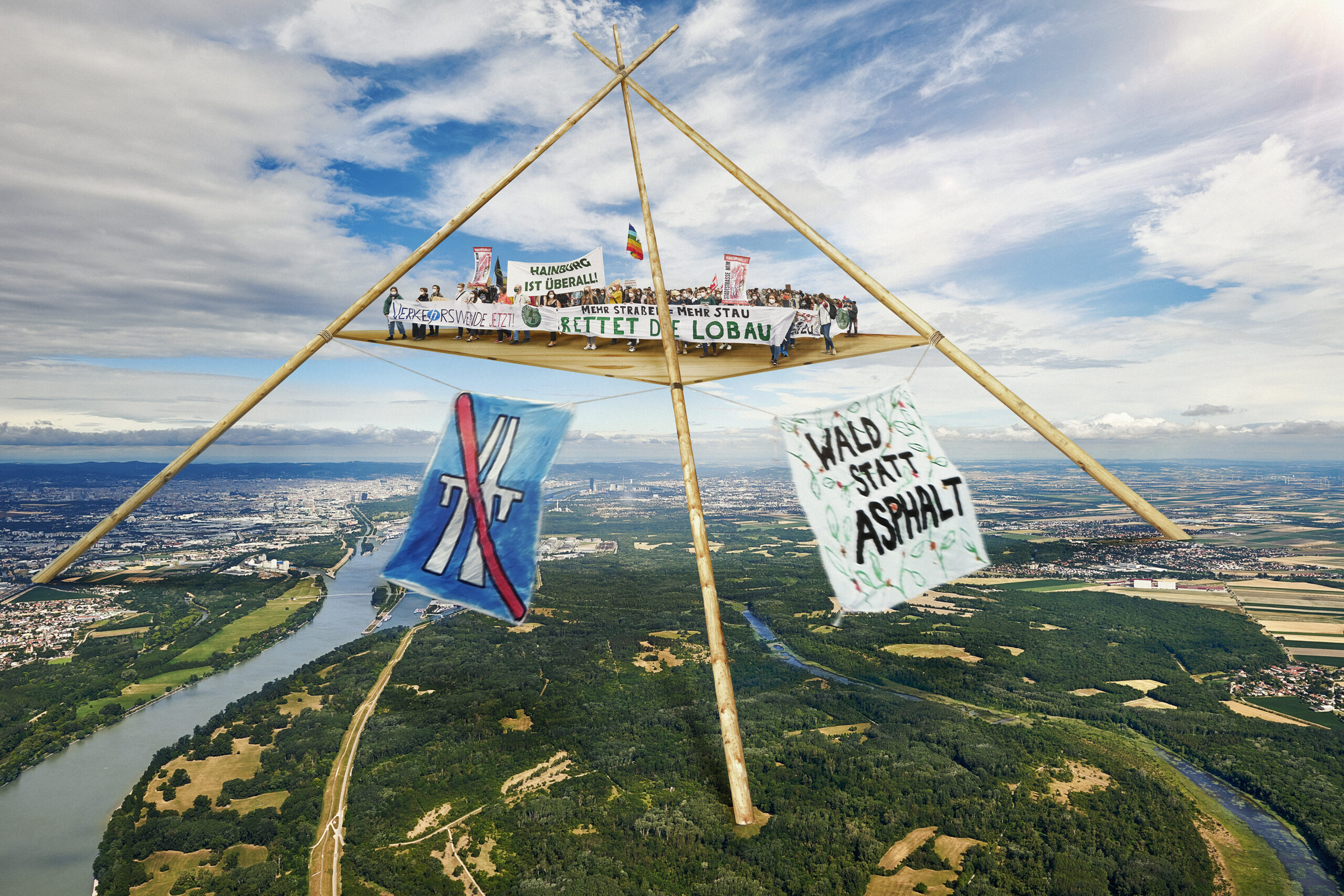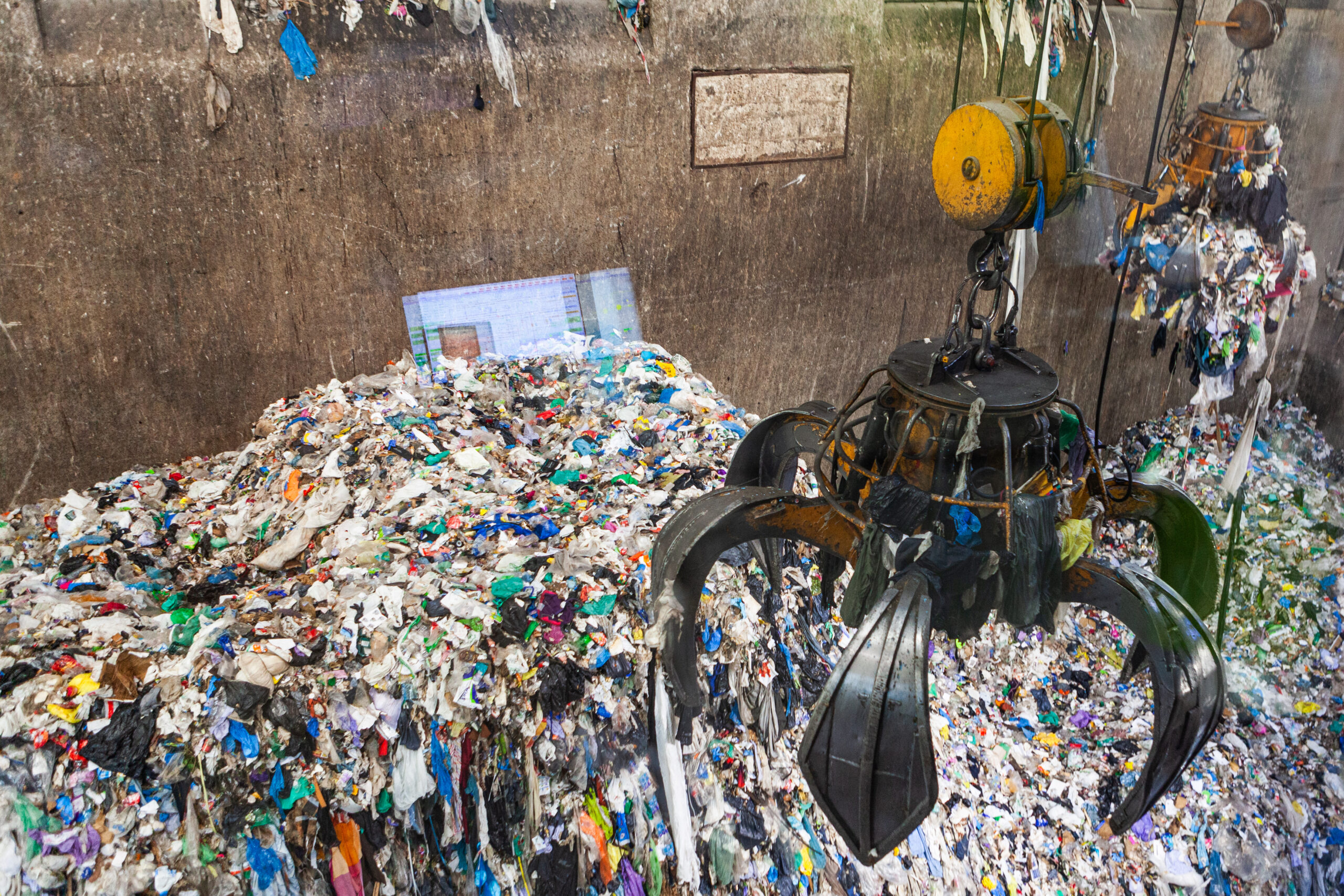Vandana Shiva is a leading philosopher, physicist and ecofeminist activist, prominent in placing life at the center of economic, political and social organization, and whose work has addressed issues ranging from food sovereignty to care, justice and sustainability. Maria Mies is a renowned German sociologist, whose contribution within ecofeminism has excelled in the exploration of alternative proposals that allow for the recognition of social reproductive labor within the economy. Together they co-wrote the book Ecofeminism: Critique, Influence, Change, one of the most relevant works in the ecofeminist tradition that synthesizes and systematizes a good part of the most relevant contributions of both authors to the debate, ranging from scientific reductionism to the society-nature divide, the threat of biotechnology, the agricultural question, the decolonization of the Global North or the liberation of women in the Global South.
Ecofeminism: Critique, Influence, Change
Related Posts

Seminar: “Militant Ecotopias”
In recent years, we have witnessed a resurgence of interest in ecological utopias within social movements, artistic spaces, intellectual circles, and society in general. This search for ways to integrate the promises of a better world within planetary limits is valuable in itself, and at the same time historically significant: it reveals that environmentalism demands…

Permanent Seminar “Images (of Art) and Political Ecology”. IX Session: “Water, energy and dispossession in the imaginaries of the Francoist hydromodernity”, with Carmen Martín-Luquero.
Source: Fernando López Heptener, La presa de Aldeadávila, 1963, available at: https://www.youtube.com/watch?v=-X_yduTT1EQ. Spain is one of the countries with the largest number of dams, about 1,200. Many were built during Franco’s dictatorship as part of his emblematic hydraulic policy, aimed at addressing post-war social, economic, and energy crises. Aside from the failed autarkic economic project, this…

Permanent Seminar “Images (of Art) and Political Ecology”. VIII Session: “Energy Aesthetics. Alternatives to the Fossil and Social Footprint of Cement”, with Elena Lavellés
Photograph: Elena Lavellés. Cranes at the Valdemingómez landfill. Documentation visit 2024. The limits of nature are dissolved under layers of cement, CO2 emitted into the atmosphere and waste produced from the activity of human beings. This overview leads us to a new vision that exceeds our capacity of comprehension and places us on the edge…

